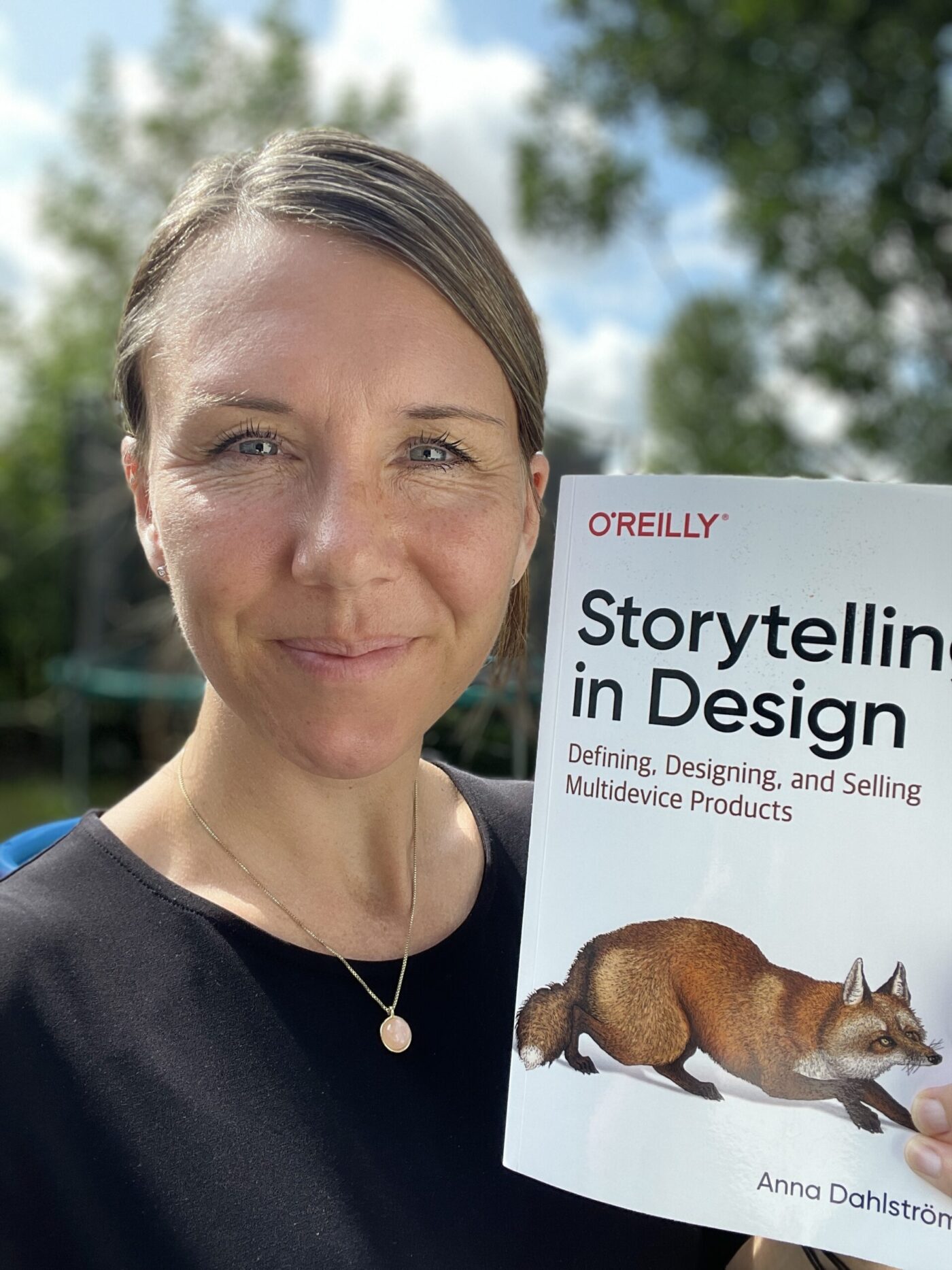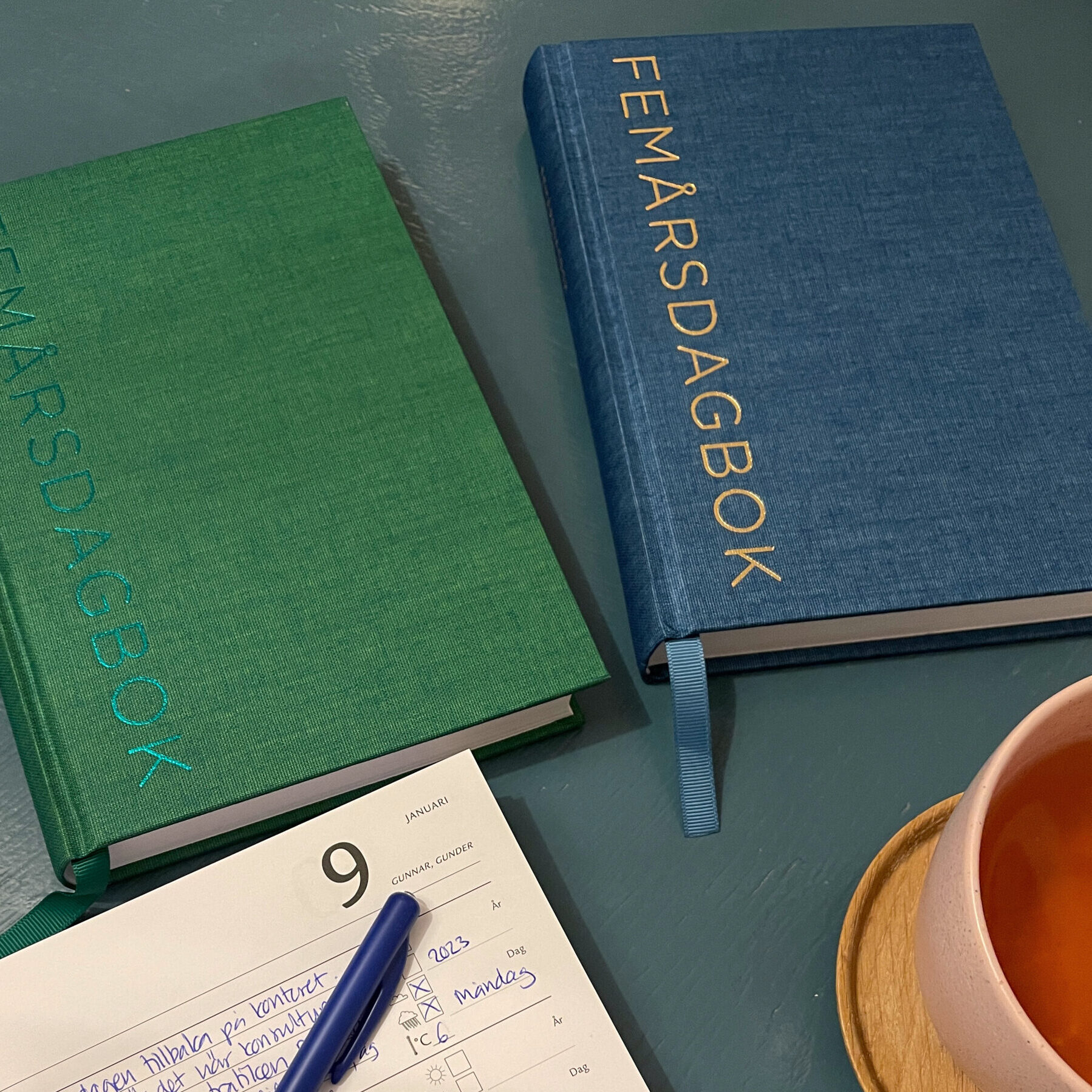This post has been brewing for a while, in fact ever since I started freelancing back in February this year.
Jason Mesut’s talk at Euro IA and some of his comments on freelancers made me put my name in the EuroIA panel hat. For those of you who where there and heard me on said panel you know, in broad terms, what my objections to those comments are. However, I doesn’t change the fact that that I don’t believe in freelancing (and no, it’s not because I can’t claim for chocolates).
1. Relationships
About a year ago, end of October to be more precise, I started playing with the idea of going freelance. I was an Experience Lead (or IA lead), line managed part of the Experience planning/IA team and was the lead IA on three accounts. All of which I loved. The relationships I’d built up on particularly one account and with our internal team were the biggest reason why I didn’t want to leave. I’d worked with them for a few years and loved the knowledge and insight I’d gained of the business, the market they were in and the people in the company. The fact that working with said client meant frequent trips back home didn’t make matters worse, but overall it was the relationships that I valued the most. They were honest and without bullshit. We had a really good thing going.
Not being able to build those relationships as a freelance was one of the main reasons I hesitated.
2. Follow through
As an experience lead I spent a lot of my time educating internal and external stakeholders on the role and value of IA and UX. The number of times I’d go to the project management and account management team, asked and explained the importance of being involved right from the beginning to the not bitter end are more than I can count. But it worked and most of the time we were involved from start to finish.
IA and UX is not a relay battle, as my old manager used to say. Never was. Never should be. What we do is take a holistic approach, be the glue, as Mags Hanley encourage us in the closing keynote of EuroIA, between editors, designers, developers, PMs, AMs and the client. Our work doesn’t end with handing over a number of annotated wireframes. We should be seeing a project through to the end, be involved in build support and QA, ensuring that the final results meets the intended result. Be there to come up with workarounds and answers when development question our solutions.
I knew I wouldn’t get this a normal freelancer and that was a big bugbear of mine. Not the least as that’s the type of collaboration I really enjoy.
3. Care & dedication
I care a lot. I care about the work I do, the people I work with, the clients and the business for whom we’re doing the work. Sometimes I probably care a bit more than what is good for me. Sure, the latter would probably be helped by being a freelance. I’d be able to leave and not worry about politics or if something was going less than ideal on a project, but the problem is, I don’t want to be free of all those things. I want to be part of it and be able to do my bit to make it better.
But as a freelance I wouldn’t really be my place. Especially not when I’d take shorter projects and would only be around for a few weeks.
4. Longterm
Being part of a team and having colleagues are very dear to me. I was at my last job for nearly four years and my colleagues became my sort of London family. We spend such a big part of our lives at work and building good relationships is not done over night. Neither are good relationships with clients or knowledge of their business. All of them require a longer term commitment.
Freelancing doesn’t.
Yet, despite all of the above I decided to start freelance.
Why?
There are a number of reasons:
1) I needed a new challenge and I didn’t want that challenge to be ‘Head of UX’. I wanted to get closer to the work, not involved even more in running a department.
2) I wanted to learn. I wanted to get variation in type of projects and people that I worked with. Get a broad view and experience of how other people are working and of other business areas than the ones I’d been involved with on the accounts I’d worked on.
3) I wanted to work on particular kind of projects. Be picky and let it be about what I want for a bit. There are so many exciting developments at the moment and the entrepreneur in me want to experiment with new things.
4) I’ve lived abroad for 11 years. I’m not ready to move back home but I do want to spend more time in Sweden. Work there and see my friends and family. Having a permanent job in the UK makes that quite hard.
The two biggest reasons are these though:
5) I’ve got a very clear picture of how I want my and our future to be. Unfortunately being in a permanent job makes realising that future very difficult but freelancing is a first step to making that picture a reality.
6) All four of the above objections to freelancing where not only mentioned to me by others as a ‘beware of…’ but also debated a lot between me, myself and I. However, taken my stubborn “Yes, I can” attitude I decided that I needed to give freelancing my way ago and see if I could get it to work.
Tell me it can’t be done and I not only want to do it but I will set out to do it. I’m not yet sure of all of the ‘HOWs’ but I’m determined to make it work and I believe it can work. That I will be able to get all of the things that I mentioned above and that I value so much. Because the truth is, I don’t want to freelance in the normal freelance sense.
Do I disagree with Jason?
Yes and no.
As for the unreasonable rates that are being paid to people who lack the experience or the justification for their rates – I hope they get (bluntly dropped back down on earth and then) picked up by some nice people who will guide them on their right path.
With regards to freelancers not being able to be mentored and developed by others that depends on the project, place and people they work with. I agree to some extent that with e.g. a junior freelancer who’s only doing shorter term projects they will not get the support and mentoring they need unless they specifically seek it out. That’s bad both for the freelancer and for the companies they work with. As for more senior and good freelancers there are ways to make that happen and if you care enough you’ll seek them out, both on the projects you work on and externally.
When it comes to people only picking projects that will look good in their portfolio, of course these people exist, but as such I don’t think there is anything wrong in being picky with the types of projects you want to work on. Freelancing doesn’t equal only ever doing exciting work. What it can mean however, is a greater chance for the freelancer to influence the area and types of projects they want to work on to make sure it’s the type of work they enjoy and they get the experience they are after. That is not a bad thing. Happy people do better work and if projects are picked because the freelancer in question wants to develop or move into a particular field, then why shouldn’t they be picky. In a permanent role you’re restricted to that company’s client list and the accounts you work on and quite often they don’t provide the opportunities that the individual are most interested in, which makes Jason’s point on giving the best projects to permanent staff so important.
Permanent staff should be rewarded and they need a good incentive to stay permanent. However, there is a difference between when a freelancer has been consulted for their expertise and when a freelancer has come in just to fill a resource gap.
So…
Of course the normal freelance way of going from one delivery led project to the next has value both for the business and the freelancer in terms of flexibility, but in its essence it goes against all I believe in when it comes to being a good IA and UX designer. We’re more than the deliverables we make and the four things I mention at the start of this post play a key part in doing good work.
I’m very new to this freelance game and am yet to start freelancing the way I want it to work. I’m taking small steps towards it and as I start to meet with companies again I’m torn between excitement for great projects and claustrophobia when longer term contracts are mentioned. Not because I can’t or don’t want to commit but because I know very well what it is that I want and with each new and normal freelance contract I take, I will in essence go against what I believe in.


